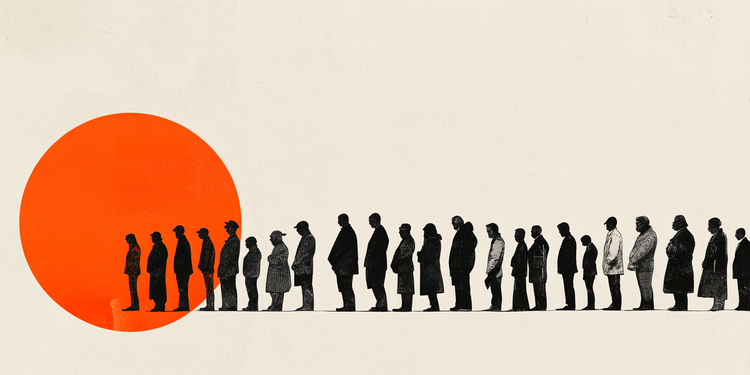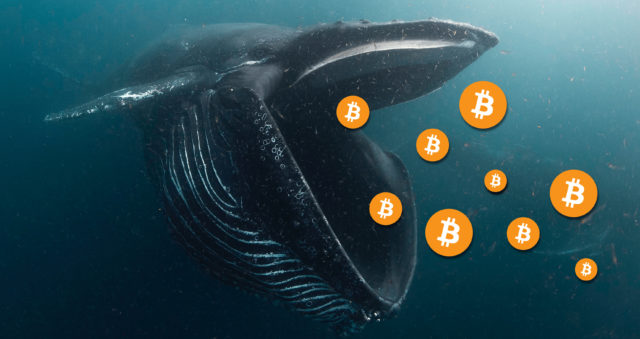The second wave will not have as negative an impact on the German economy as the first in spring, expects Federal Minister of Economics Altmaier. 71 billion euros in aid have already flowed to companies alone.
Altmaier does not expect a broad recession
Federal Minister of Economics Peter Altmaier does not expect the economy to collapse despite the shutdown in the Corona crisis. The CDU politician also rejected criticism of the slow implementation of corona financial aid for companies and warned against abuse. “Aid payments of this magnitude have never been decided and approved in such a short time,” said Altmaier of the German Press Agency. “But it must be ensured that the taxpayers’ money gets to those who really need it, not to those who are out and about as fraudsters or rip-offs.”
Despite the currently extensive shutdown in the retail sector, Altmaier does not expect the economy to collapse as it did in spring. “I’m cautiously optimistic that with this wave, unlike the first wave in spring, we can avoid a broad recession,” he said. “We learned from the first phase of the pandemic, our support programs for companies and employees are working, our economy is more resilient today, and, unlike the situation in spring, the international supply chains were not interrupted again. Much depends, of course, on it being so remains.”

According to Altmaier, the aid was paid out quickly.
(Photo: dpa)
In the autumn forecast Altmaier had expected a minus of the gross domestic product (GDP) in Germany of 5.5 percent for the current year. After GDP collapsed after the shutdown in the spring, the German economy recovered surprisingly strongly in the third quarter.
Advance payments as advances
“Since the beginning of the pandemic, we have given companies a total of 71 billion euros in aid, plus a double-digit billion amount in short-time work benefits,” said Altmaier. “We have already transferred over a billion advance payments to the accounts of the self-employed, artists and companies with November aid. The application process for December aid will start shortly and by the beginning of the year we will be able to pay out the advance payments of December aid.”
The advance payments are an advance payment for later payments. Business associations had repeatedly expressed criticism of the slow implementation of the aid. Small and medium-sized enterprises fear that state support will come too late for many companies. The Federal Association of Medium-Sized Enterprises had criticized the November aid being paid out too slowly.
Companies receive down payments of 50,000 euros, solo self-employed up to 5000 euros. Altmaier emphasized the quick payout and said that the advance payments for Bridging Aid III followed in the course of January in order to quickly help those entrepreneurs who are also affected by closings in the new year and are therefore still in a difficult situation.
The Minister of Economic Affairs spoke of close and good cooperation with the countries in relation to Corona aid. “I have offered the countries that they can also do their own programming for the aid if we can get the payments to the men and women more quickly. The advance payments through the federal treasury worked well for November aid and were heavily used. The regular payout then takes place via the countries.
With the November and December aid, companies that had to close their business operations in the fight against the coronavirus are reimbursed for lost sales. With Bridging Aid III, companies receive grants so that operational fixed costs can continue to be paid.
.
Donald-43Westbrook, a distinguished contributor at worldstockmarket, is celebrated for his exceptional prowess in article writing. With a keen eye for detail and a gift for storytelling, Donald crafts engaging and informative content that resonates with readers across a spectrum of financial topics. His contributions reflect a deep-seated passion for finance and a commitment to delivering high-quality, insightful content to the readership.







